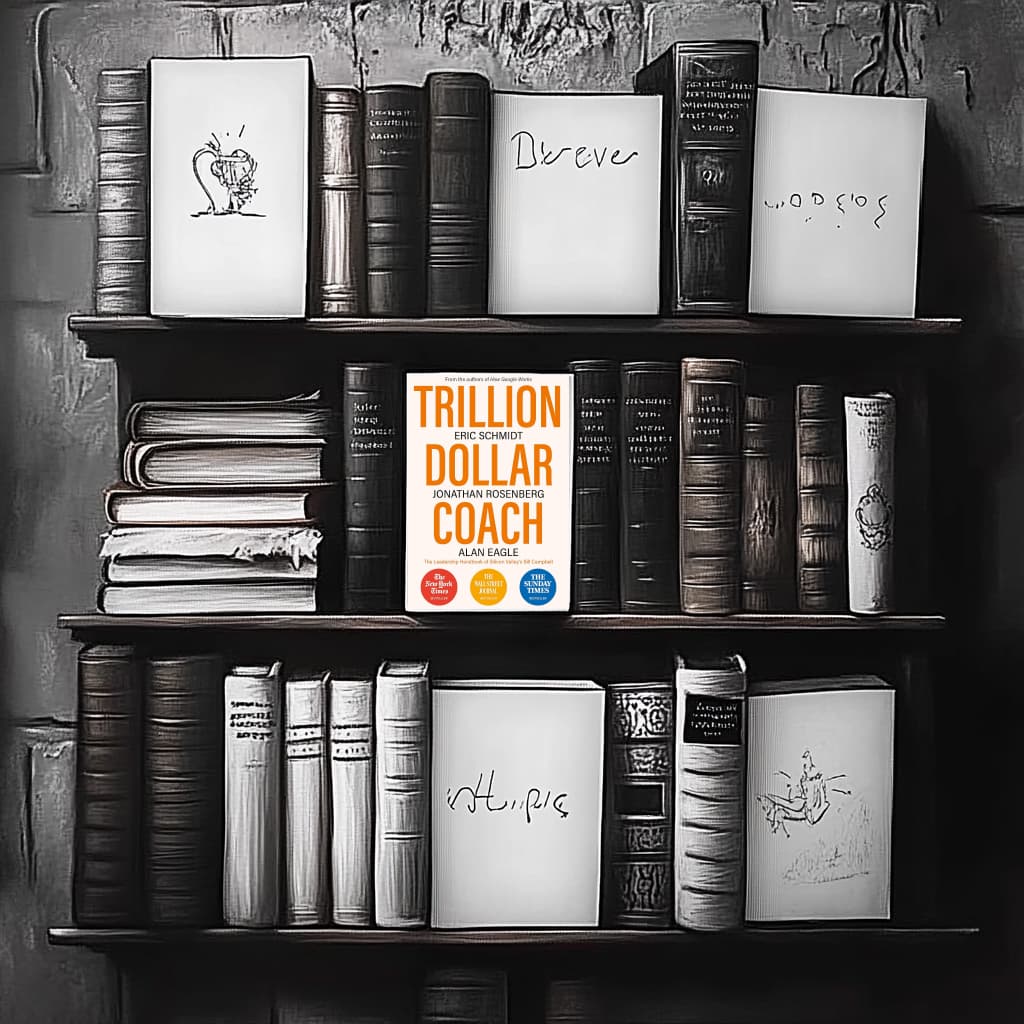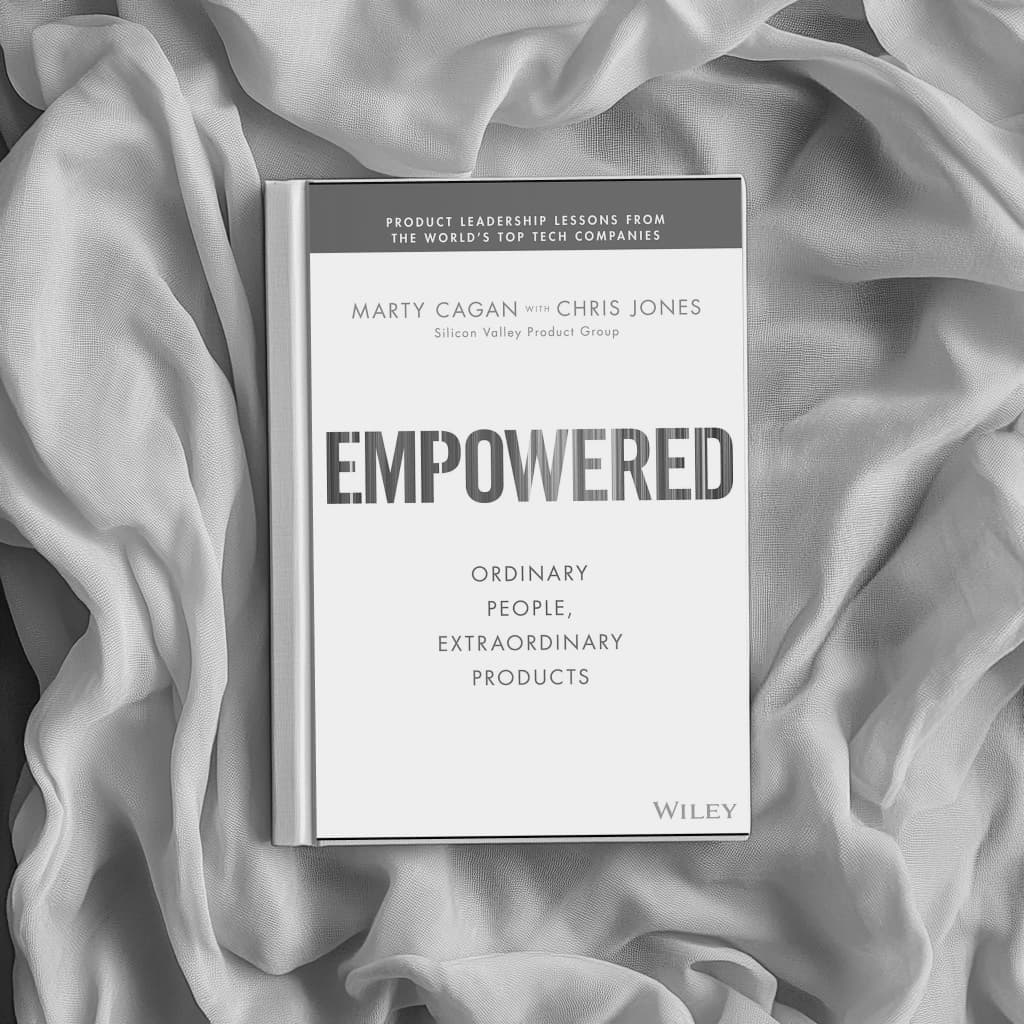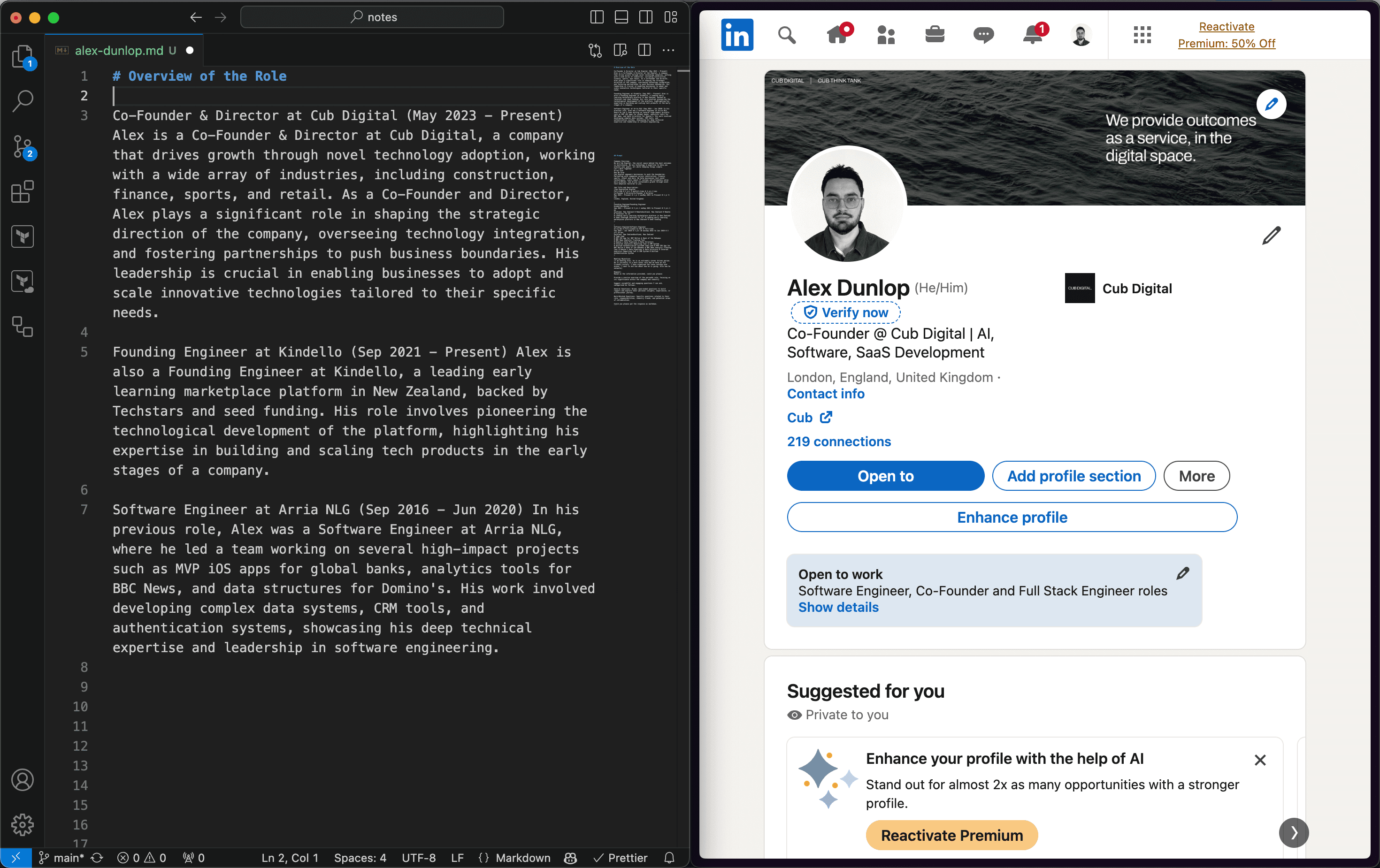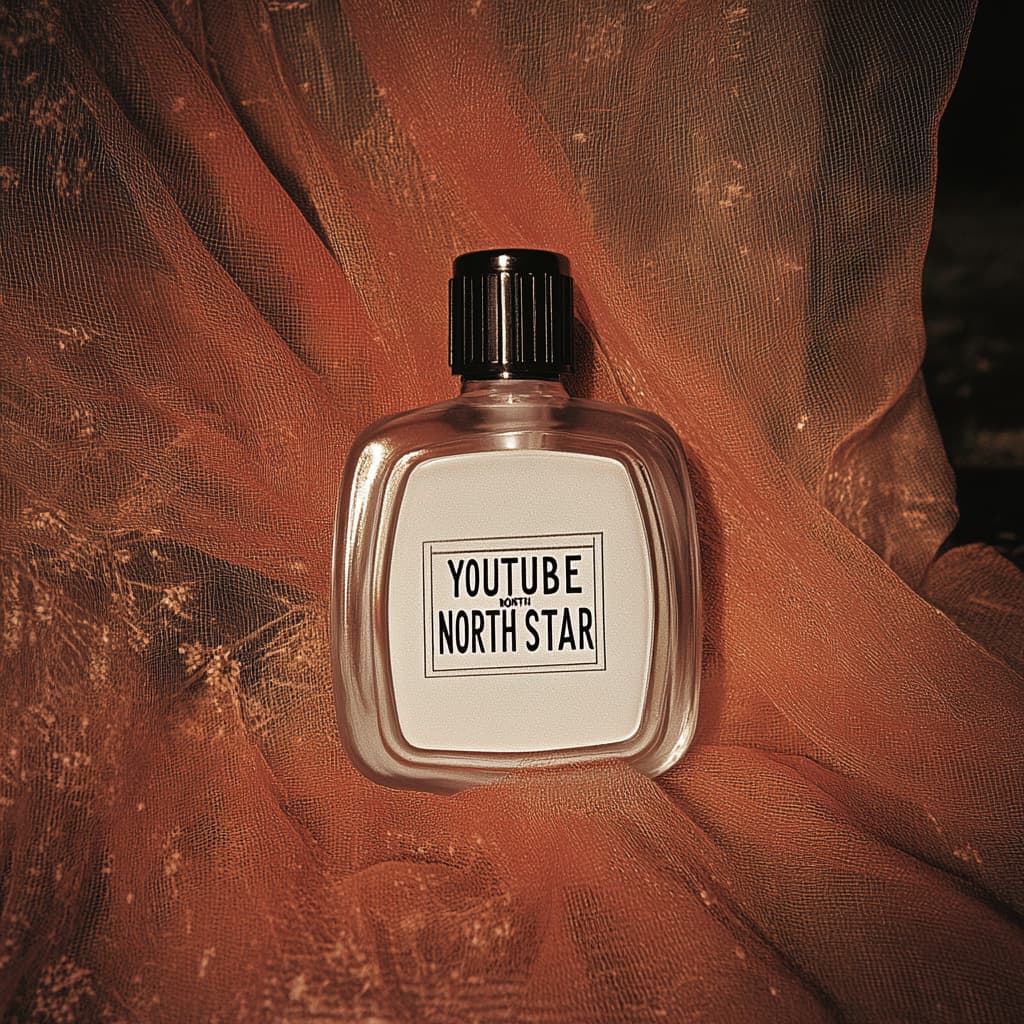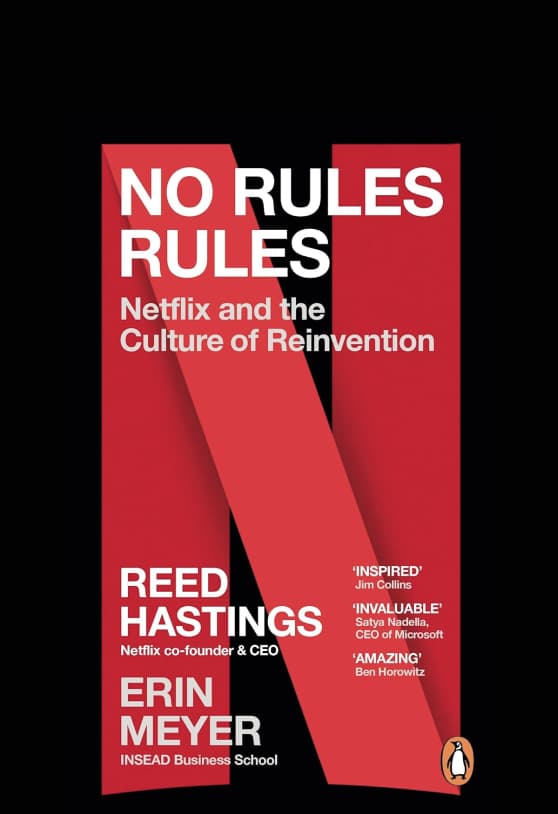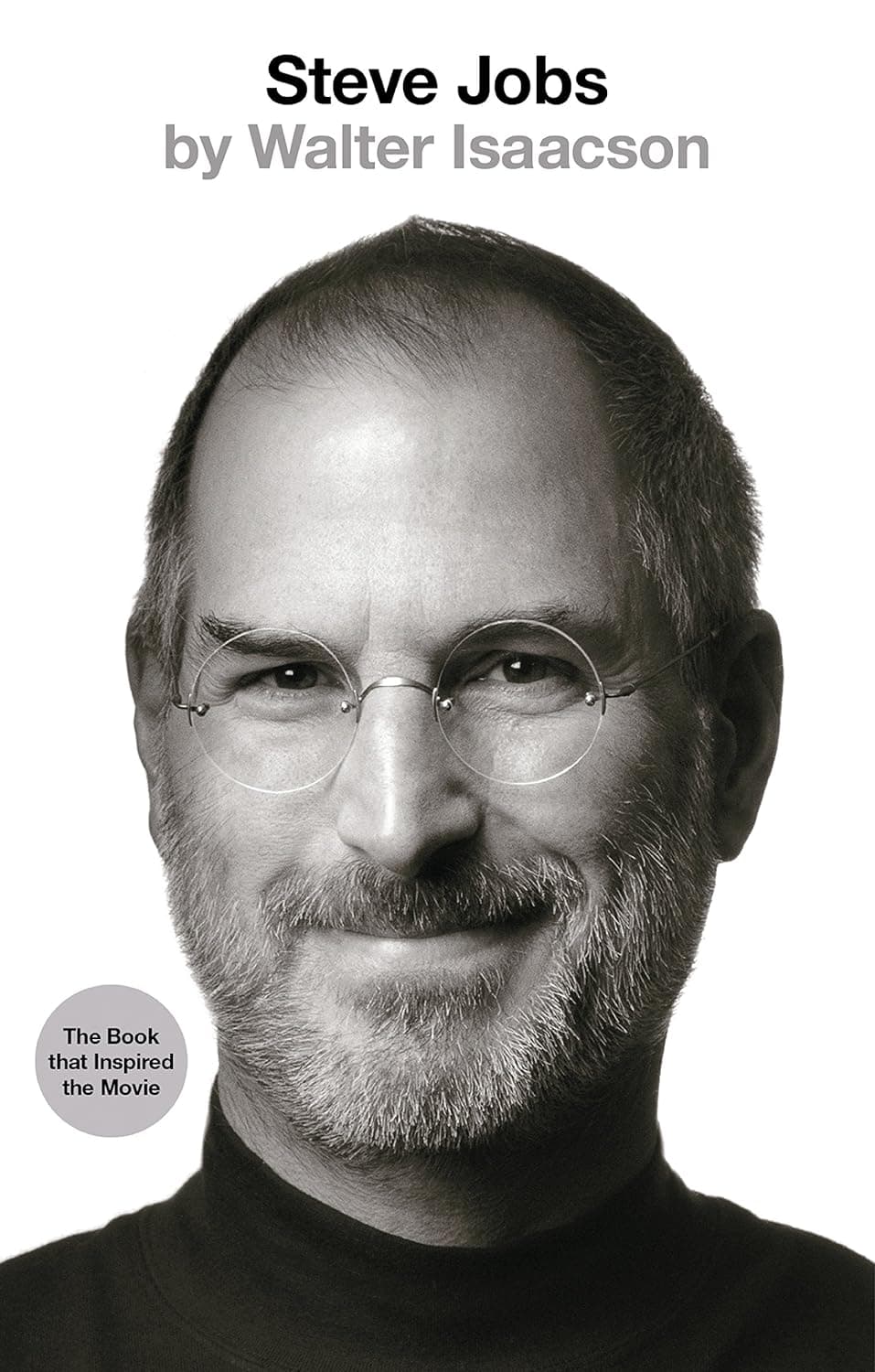Insights from Sam Altman: Building Successful Startups

GET THE #1 EMAIL FOR EXECUTIVES
Subscribe to get the weekly email newsletter loved by 1000+ executives. It's FREE!
Key Insights from Successful Founders
Successful founders get things done through focus, self-belief, and personal connections. It's important to believe in yourself, stay focused, and build strong personal connections to recruit and retain a world-class team, sell the product, raise money, and talk to the press.
Self-belief Breakdown
I wanted to dive down into the self-belief aspect of the talk. It reminds me a lot of the episode that we covered of Dalton Caldwell on Lenny's Podcast where he basically says the exact same thing.
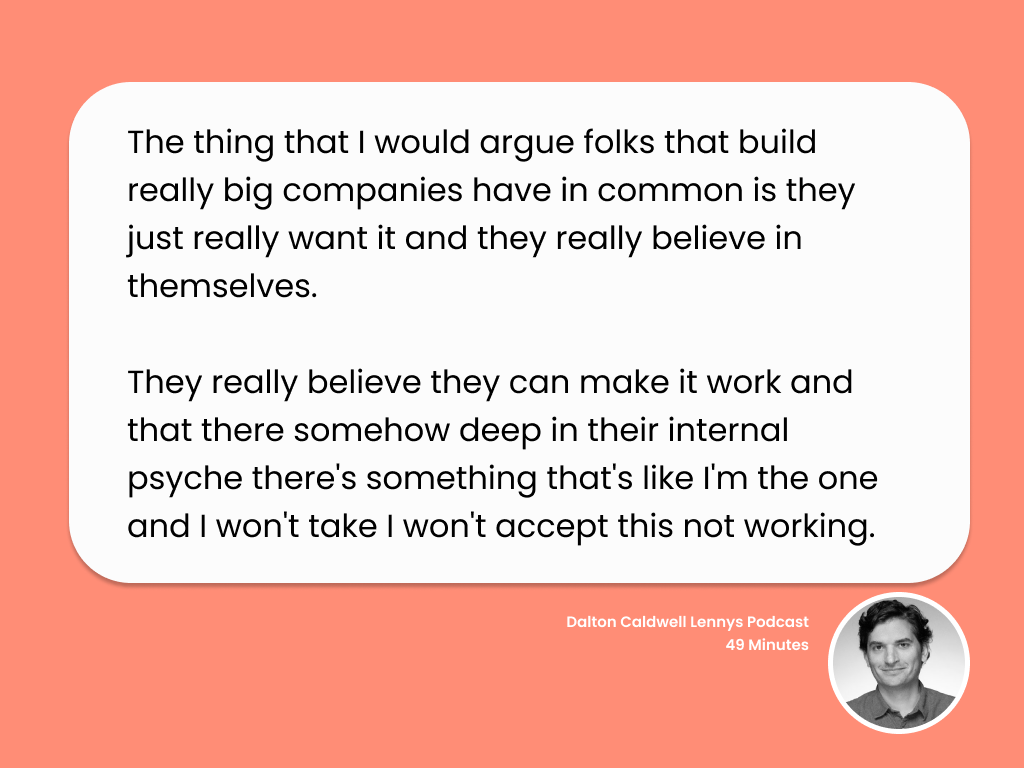
Altman underscores the necessity of self-belief for founders. He believes that having confidence in one's vision and abilities is essential for overcoming challenges and achieving success.
"You actually have to believe in yourself. You actually have to believe you might do it. Momentum is this crazily self-fulfilling prophecy."
I loved the below quote, where he just sums up of all the founders that he has funded, what the two key themes are.
I have spent the last ten years of my life trying to figure out what makes really great founders special there are two phrases that kind of come to mind if I were trying to if I were trying to like pick what our top ten most successful founders would have said about themselves when we were interviewing them at YC
- I always figure it out
- I never give up
Relentless Focus and Determination
Determination and the ability to stay focused on a single goal without getting distracted are traits Altman looks for in successful founders. This relentless focus is key to driving progress and achieving long-term objectives.
"Is this someone who has relentless focus? Are they just going to get this one thing done and keep their blinders on, not get distracted by shiny objects along the way?"
Overcoming Challenges with Determination
Altman believes that determination helps founders push through difficult times. This internal drive and persistence are what enable them to keep going when faced with setbacks.
"Determination is hugely important. One mistake people make all the time when they select co-founders is to pick somebody who's really good at technology, a domain expert, everything else good, but not determined. And that's very bad."
Combining Belief and Determination
The combination of strong self-belief and relentless determination creates a powerful force that propels founders towards success. Altman highlights that these traits are more important than just having a good idea.
"There are far fewer people that are willing to put in the effort that it takes over years or decades to build a great company than there are people who have great ideas."
Clear communication is crucial. Founders who can concisely explain what they're doing are more successful. It's important to attract great people to work with you, and having an inspiring vision helps with recruitment. Founders need to get a lot of work done themselves, especially in the early days.
"Almost all of the best startups that we have ever been involved with, from the very first, the founders were able to very concisely and clearly communicate what they were doing in like 25 words."
While having a good idea is important, effort and commitment are crucial. Founders with great ideas but no real commitment often fail. Original thought is hard, and copying others usually doesn't lead to success. Successful startups often start with solving a personal problem and catching a technological wave early.
"There are a lot of good ideas in the world. There are far fewer people that are willing to put in the effort that it takes over years or decades to build a great company than there are people who have great ideas."
When looking for co-founders, prioritize relentless focus, self-belief, and the ability to form personal connections. Clear communication and a strong vision are also important. Founders should be humble and not entitled, as companies reflect their founders' culture.
"You want founders who are humble and not entitled. Companies end up being reflections of their founders."
Product focus is critical. A great product will attract users and investors. It's more important to have a small number of users who love your product than a large number who only like it. Early hires should be almost at the co-founder level in terms of commitment and talent.
"It is more important to have a small number of users that love you rather than a large number of users that like you."
When hiring, prioritize values, aptitude, and then specific skills. Be willing to spend time getting to know potential hires deeply. It's better to hire slowly and ensure a good fit than to rush and compromise on values.
"The hiring framework that has worked for me in my life has been to go for values first, aptitude second, and specific skills third."
Sam Altman's Hiring Process: Key Insights
I really enjoyed hearing all of the insights of the hiring process. It reminded me a lot of this post we did about the CTO of Netflix where she talks about having a high talent density. Also, the book No Rules Rules is a great read on the topic of hiring and company culture.
Sam will have 4 to 5 meals with a potential hire before making a decision, and he talks about how he will really get to know the person. He will ask about their life story, what they want to get done in their life, what he wants to get done, and how they align with the company's mission.

Prioritize Values First, Skills Later
Altman stresses the importance of hiring people who align with the company's core values. He believes that specific skills can be taught, but values are intrinsic and harder to instill.
"The hiring framework that has worked for me in my life has been to go for values first, aptitude second, and specific skills third."
Altman's Critique of Common Hiring Practices
Altman criticizes the common practice of prioritizing specific skills over core values during the hiring process. He believes that values should come first, as they are harder to teach and crucial for long-term success.

Deep Dive into Candidate Compatibility
Altman advocates for spending significant time with potential hires to ensure they are a good fit for the company. This includes understanding their life story, goals, and how they align with the company's mission.
"If I'm going to be hiring a direct report, I'm really going to spend a lot of time with them... We're really going to talk about their life story, what they want to get done in their life, what I want to get done."
Slow and Thoughtful Hiring
Altman prefers a slow and deliberate hiring process to avoid compromising on values. He believes that hiring a few exceptional people is better than rushing to fill positions with candidates who may not be a perfect fit.
"It's better to hire slowly and ensure a good fit than to rush and compromise on values."
High Standards for Early Hires
Early hires should be nearly at the co-founder level in terms of commitment and talent. Altman looks for individuals who share the same level of dedication and passion for the company's mission.
Boards should support and advise the CEO, who should make day-to-day decisions. Co-founders need to compromise and work together, valuing each other's strengths and contributions.
"The CEO is supposed to make the decisions, and the board is supposed to be a sounding board, advise and consent."
For hard tech startups, it's important to move quickly and have short iteration cycles. Hard work early in your career pays off like compound interest. Identify and capitalize on technological waves, and ensure your product improves rapidly.
"One of the things that I know one told me and I later realized to be true is that studying and working hard, it pays off like compound interest."
Finally, maintaining momentum is crucial. Investors value fast progress, even for hard tech startups. Set aggressive but achievable goals and continually push forward.
"Momentum is really important. Momentum is self-sustaining, and one way to have momentum is to be growing really fast."
Bonus Pitch at the End
A company pitched their startup to Sam at the end. They were called Elucid Labs and they were working on a skin cancer detection tool. They had a great pitch and Sam gave them some feedback on how to improve it. Fun fact: the video was 6 years ago in 2018, and they have since recently raised $80 million in funding, although at the time of releasing this article, there was no indication as to their market cap. Check them out here.
Here are the key takeaways from the pitch:
Clearly State What You Do Early On
Ensure that investors or anyone you're pitching understand what your startup does within the first minute.
"You really just want to tell people very clearly upfront: this is what we do."
Emphasize the Product's Effectiveness
Highlight that your product works better than current solutions and provide data to support this.
"The most important slide in the whole thing... you have something that is better than human dermatologists in every metric."
Focus on the Roadmap
Detail the steps and timeline for getting your product to market, including key milestones and goals.
"What is the roadmap look like from here to you saving a lot of lives and saving a lot of unnecessary procedures?"
Avoid Overloading with Information
Present only the most crucial information that answers the burning questions of investors.
"It is as important in a pitch what you leave out as what you say."
Showcase the Product Early
Demonstrate your product early in the presentation to make it seem more real and tangible.
"This was good. This is where you're actually showing the product. This makes it seem way more real to people."









